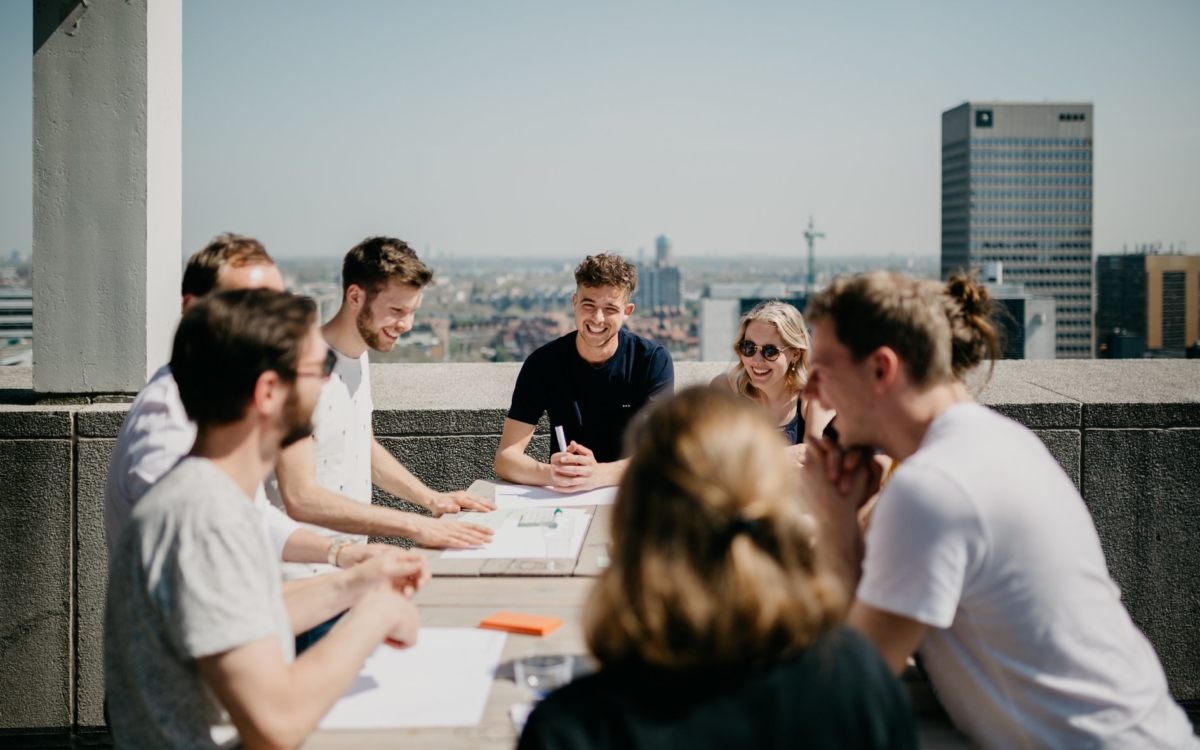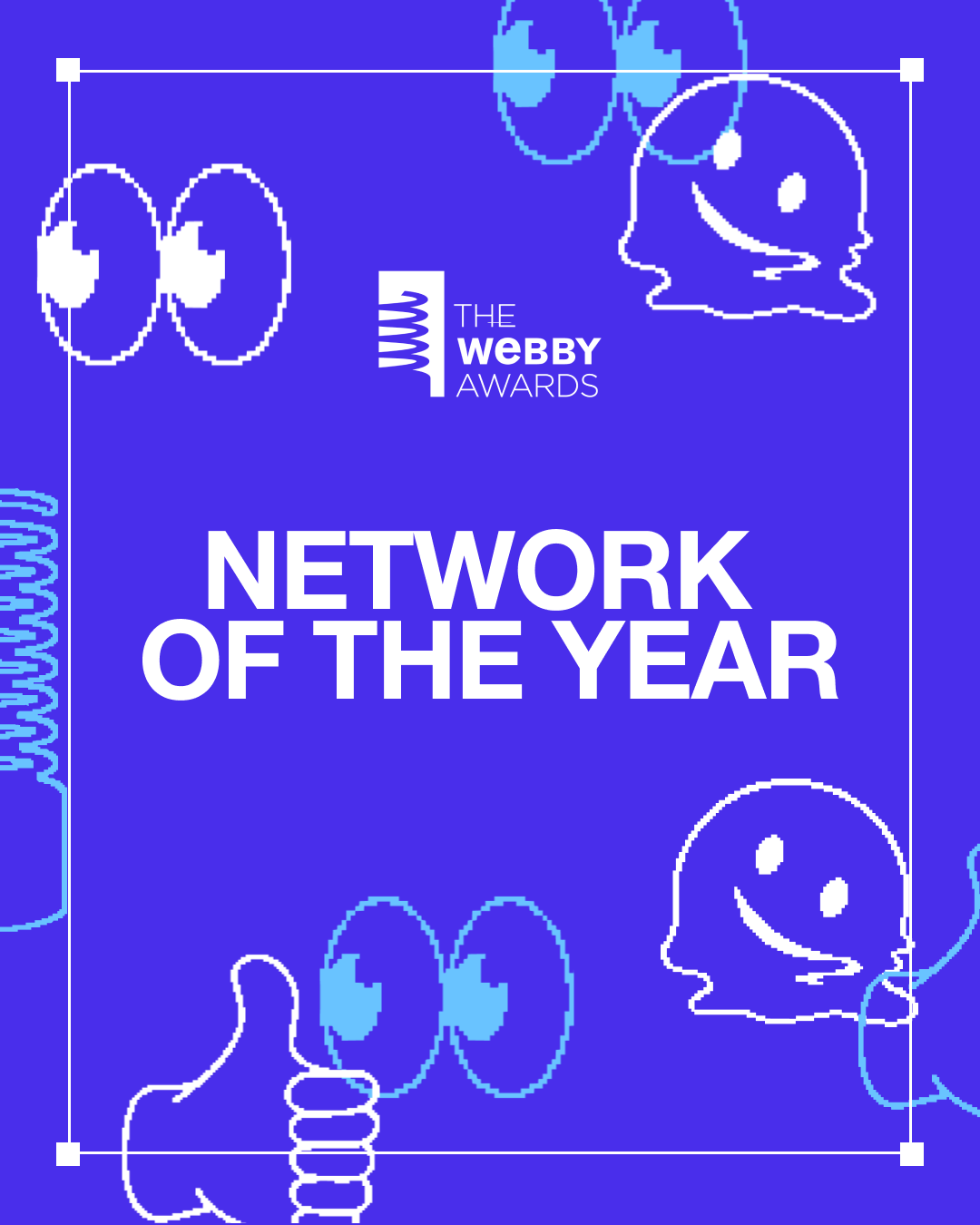How to run successful stakeholder, user & content workshops

User workshops
Although User Workshops can include the same over-arching game objectives as the Stakeholder Workshops, there are a few differences to consider:
- Location – neutral is best. Is it even necessary to disclose the company, brand, product or service being discussed?
- Preparation – I find that workshop outcomes are optimised if time is taken in the selection and profiling of users beforehand, to ensure you have the right representation present.
- Profiling – ensure that you either use diverse groups, or run separate sessions of grouped profiles, otherwise it may be hard to prioritise and analyse findings.
- Pre and post session questionnaires – these are a good way to benchmark the profiles before and after the workshop. Pre-questionnaires can help prepare the candidates for the type of activities and questions they will be asked to participate in. Post-questionnaires can help you to understand if perceptions have changed.
Factors to consider
About the user
- Who are they? (Age/gender/profession etc.)
- What do they need / want?
- How do they currently use technology?
- What challenges do they face?
The user and their internet usage
- What is their understanding and engagement with technology?
- How do they use the internet?
- What do they think about the current digital offerings?
- What do they expect and want in future?
Content workshops
These are normally delivered during the project to:
- Review and challenge current content styles.
- Clarify what needs to be done to existing content to improve it for the new environment.
- Educate and train internal teams on content best practice.
- Support the development of a ‘content bible’ for consistent content development.
- Prepare or understand the workflows around content approval.
- Define and understand the different types of content – copy, picture, animations, illustrations and videos.
- Support the creation of a content map for the migration to the new environment.
What are the benefits
A well-run workshop, or series of workshops, will provide a plethora of benefits. Not only do they strengthen the agency and client’s knowledge and relationship, but can also provide many benefits internally within an organisation.
Agency benefits
Form an external perspective, it’s important that our teams are aligned and quickly working towards your goals and business objectives. Workshops are key to the initial relationship development, and create a platform for communication that results in immediate project benefits.
Workshops help an agency:
- Understand the core business objectives.
- Understand your customers’ needs.
- Propose and deliver the right features, resulting in cost and time savings.
- Make better strategic proposals.
- Identify different touchpoints where digital can aid the customer.
- Provide insight into your customers’ experience.
- Highlight where improvements can be made to support sales and services.
- Identify project priorities for functionality.
- Identify the most effective marketing messages and sellable features.
- Support the development of a project road-map.
Client benefits
Workshops are not just about the project briefing and agency relationship. We have run many workshops across a wide variety of projects and client relationships, and the benefits within the clients’ internal environment can be huge.
Many of the projects we deliver are transformational for the business; workshops can provide the following internal business benefits:
- The team and cross-functional departments feel that they have been involved in creating their own futures, providing on-going buy-in to both the project and business objectives.
- Increases empathy for your customers’ experience.
- Ensures that everyone is ‘on the same page’.
- Helps teams make better strategic decisions, with stakeholder support.
- Defines and supports synergies in department strategies.
- Aids cross-functional team development, understanding and learning.
- Reduces conflicts and silos.
- Generates enthusiasm and positive energy towards the project.
- Creates ownership and commitment from the internal teams.
Workshops can work wonders
We’ve run countless successful workshops, and find them paramount to project scoping and solution building. Stakeholder engagement, user input and effective content planning are invaluable when embarking on a project. Workshops deserve thought, time and careful planning. Do that, and the benefits will speak for themselves.
More Insights?
View all InsightsQuestions?
Global SVP Technology & Engineering




